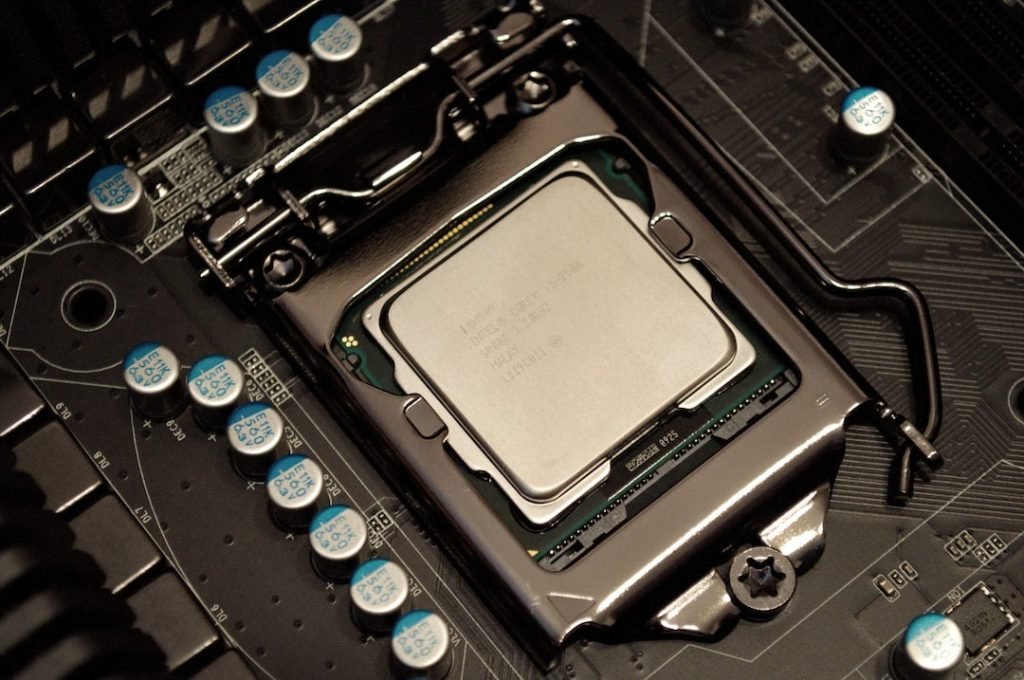

Norwegian for Science and Technology: 30 Essential Terms
Norwegian is the official language of Norway and is spoken by approximately 5 million people. It is a North Germanic language, closely related to Swedish and Danish. While English is widely spoken in Norway, especially in the field of science and technology, having a basic understanding of Norwegian can be highly beneficial for professionals in this field. This article will provide an overview of the Norwegian language and its importance in the field of science and technology.
Table of Contents
ToggleKey Takeaways
- Learning Norwegian is important for professionals in science and technology who work in Norway.
- Basic Norwegian vocabulary for science and technology includes words like “forskning” (research) and “teknologi” (technology).
- Norwegian terminology for engineering concepts includes “maskinteknikk” (mechanical engineering) and “elektroteknikk” (electrical engineering).
- Norwegian terminology for computer science concepts includes “datavitenskap” (computer science) and “programvare” (software).
- Norwegian terminology for chemistry concepts includes “kjemi” (chemistry) and “reaksjon” (reaction).
Importance of Learning Norwegian for Science and Technology
Learning Norwegian can be highly advantageous for professionals in the field of science and technology. Norway is known for its contributions to various scientific fields, including engineering, computer science, chemistry, physics, mathematics, and biology. Being able to communicate with Norwegian colleagues and understand scientific literature in Norwegian can open up opportunities for collaboration and research.
Norway is a global leader in renewable energy, particularly in the field of hydropower. The country also has a strong presence in the oil and gas industry. Many international companies have operations in Norway, making it a hub for scientific research and technological advancements. By learning Norwegian, professionals can enhance their career prospects and increase their chances of working on exciting projects in Norway.
Basic Norwegian Vocabulary for Science and Technology
To get started with learning Norwegian for science and technology, it is helpful to familiarize yourself with some basic vocabulary. Here are a few examples:
– Vitenskap (science)
– Teknologi (technology)
– Forskning (research)
– Eksperiment (experiment)
– Laboratorium (laboratory)
– Data (data)
– Programmering (programming)
– Kjemi (chemistry)
– Fysikk (physics)
– Matematikk (mathematics)
– Biologi (biology)
Norwegian Terminology for Engineering Concepts
Norwegian terminology related to engineering concepts can be useful for professionals working in this field. Here are a few examples:
– Ingeniør (engineer)
– Bygg (building)
– Konstruksjon (construction)
– Elektrisitet (electricity)
– Mekanikk (mechanics)
– Materialer (materials)
– Maskin (machine)
– Energiteknologi (energy technology)
– Miljøteknologi (environmental technology)
– Bygningskonstruksjon (building construction)
Norwegian Terminology for Computer Science Concepts
In the field of computer science, understanding Norwegian terminology can be beneficial for professionals working in Norway. Here are a few examples:
– Datamaskin (computer)
– Programvare (software)
– Nettverk (network)
– Algoritme (algorithm)
– Koding (coding)
– Databaser (databases)
– Kunstig intelligens (artificial intelligence)
– Maskinlæring (machine learning)
– Sikkerhet (security)
– Webutvikling (web development)
Norwegian Terminology for Chemistry Concepts

Chemistry is a fundamental field of science, and having knowledge of Norwegian terminology related to chemistry concepts can be advantageous. Here are a few examples:
– Kjemisk reaksjon (chemical reaction)
– Atom (atom)
– Molekyl (molecule)
– Stoff (substance)
– Syre (acid)
– Base (base)
– Reagens (reagent)
– Katalysator (catalyst)
– Analyse (analysis)
– Organisk kjemi (organic chemistry)
Norwegian Terminology for Physics Concepts
Physics is another important field of science, and understanding Norwegian terminology related to physics concepts can be helpful for professionals in this field. Here are a few examples:
– Fysisk lov (physical law)
– Partikkel (particle)
– Kraft (force)
– Bevegelse (motion)
– Energibevarelse (energy conservation)
– Elektrisitet (electricity)
– Magnetisme (magnetism)
– Optikk (optics)
– Termodynamikk (thermodynamics)
– Kvantemekanikk (quantum mechanics)
Norwegian Terminology for Mathematics Concepts
Mathematics is the language of science, and having a good understanding of Norwegian terminology related to mathematics concepts can be highly beneficial. Here are a few examples:
– Tall (number)
– Algebra (algebra)
– Geometri (geometry)
– Funksjon (function)
– Derivasjon (derivation)
– Integral (integral)
– Statistikk (statistics)
– Sannsynlighet (probability)
– Matematisk modellering (mathematical modeling)
– Lineær algebra (linear algebra)
Norwegian Terminology for Biology Concepts
Biology is a diverse field, and understanding Norwegian terminology related to biology concepts can be advantageous for professionals in this field. Here are a few examples:
– Biologi (biology)
– Organisme (organism)
– Celle (cell)
– Genetikk (genetics)
– Evolusjon (evolution)
– Økologi (ecology)
– Biodiversitet (biodiversity)
– Molekylærbiologi (molecular biology)
– Biokjemi (biochemistry)
– Mikrobiologi (microbiology)
Commonly Used Norwegian Abbreviations in Science and Technology
In the field of science and technology, abbreviations are commonly used to save time and space. Here are a few commonly used Norwegian abbreviations and their meanings:
– m² – kvadratmeter (square meter)
– kg – kilogram
– cm – centimeter
– mm – millimeter
– km – kilometer
– kWh – kilowattime (kilowatt-hour)
– DNA – deoksyribonukleinsyre (deoxyribonucleic acid)
– RNA – ribonukleinsyre (ribonucleic acid)
– CO₂ – karbondioksid (carbon dioxide)
– pH – potens hydrogen (potential of hydrogen)
In conclusion, learning Norwegian can be highly beneficial for professionals in the field of science and technology. Norway’s contributions to various scientific fields make it an attractive destination for research and collaboration. By having a basic understanding of Norwegian vocabulary and terminology, professionals can enhance their career prospects and increase their chances of working on exciting projects in Norway. It is important to continue learning and practicing Norwegian vocabulary and terminology to fully reap the benefits of knowing the language in the field of science and technology.
If you want to learn Norwegian, you can register for classes here. We look forward to hearing from you and helping you become fluent in Norwegian.





